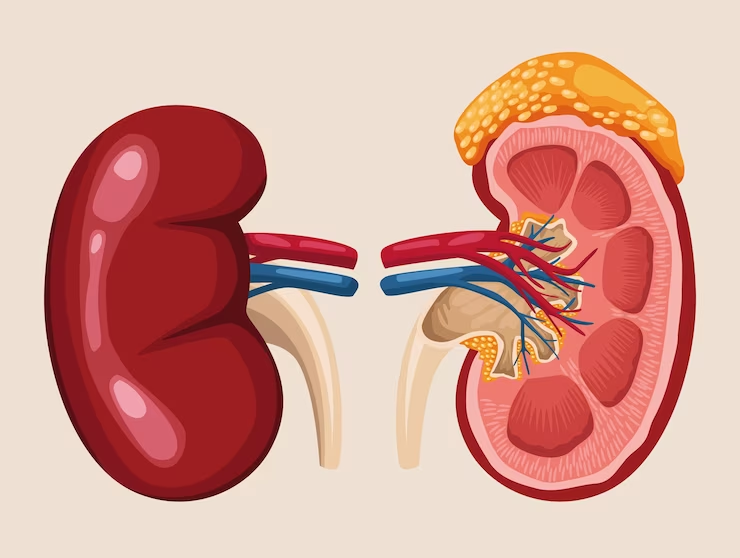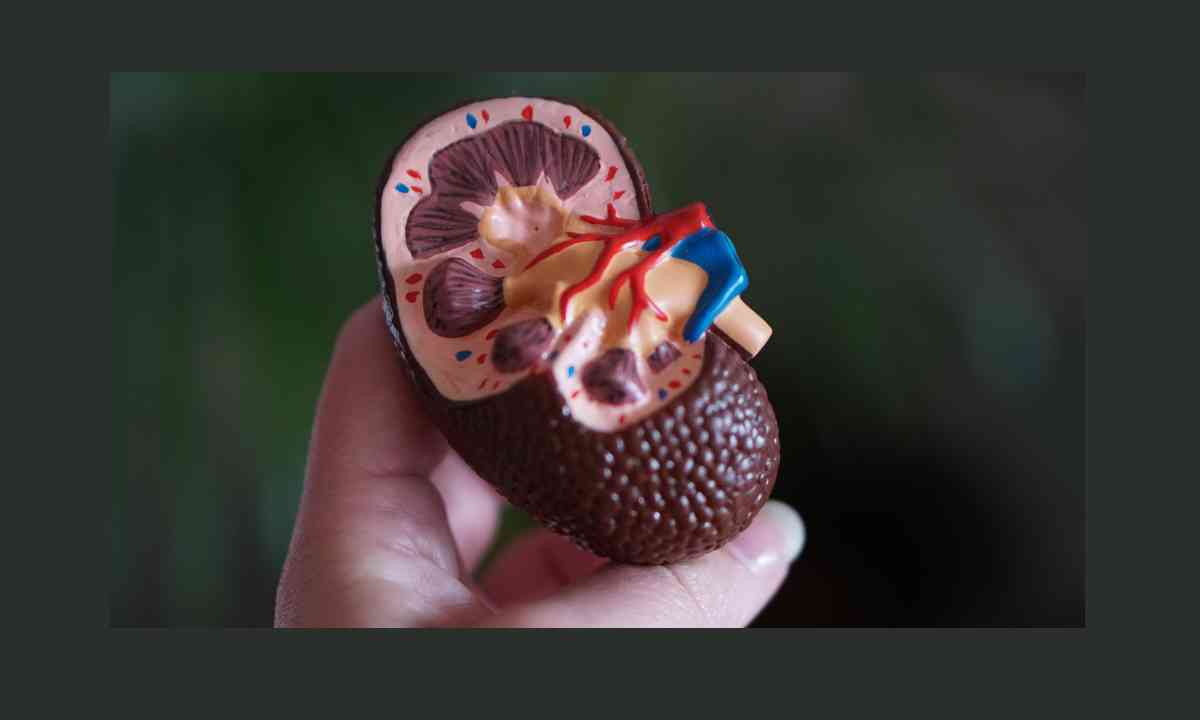The kidneys serve a critical role in filtering blood and producing urine, which is then transported to the bladder through the ureters. However, kidney stone formation can disrupt this natural process, leading to discomfort and complications. Kidney stones are solid deposits that develop when certain substances in concentrated urine bind together. This article aims to provide insights into the causes, risk factors, and preventive measures associated with kidney stones.

The formation of kidney stones primarily arises from an imbalance in the concentration of salts and other substances in the urine. One common type of kidney stone consists of salt crystals, which form when urine contains excessive salt or lacks sufficient fluids. Various factors contribute to kidney stone development, including dietary habits, genetic predisposition, lifestyle choices, and certain medical conditions.
Kidney stones can manifest in different forms, such as calcium oxalate, calcium phosphate, uric acid, and struvite (infection stone). Each type has distinct characteristics and underlying causes. Calcium oxalate and calcium phosphate stones are often associated with the excessive consumption of animal protein, while uric acid stones are linked to high levels of uric acid in the urine. Struvite stones result from urinary tract infections caused by specific bacteria.
Risk Factors :
In India, the risk of kidney stones is elevated due to a combination of lifestyle factors, genetics, and climatic conditions. Individuals who consume excessive amounts of animal protein, have a high salt intake, or experience certain gastrointestinal disorders are more susceptible to kidney stone formation. Additionally, a genetic predisposition to kidney stones increases the risk of developing this condition.
Prevention and Lifestyle Modifications:
Preventing kidney stones involves adopting healthy dietary habits and making specific lifestyle adjustments. Here are some essential preventive measures:
1. Hydration: Adequate water intake, approximately 3 litres per day, helps maintain dilute urine, reducing the likelihood of stone formation.
2. Low Salt Intake: Limiting salt consumption is crucial as high salt levels contribute to the formation of calcium-based stones. Opt for a low-sodium diet and avoid processed foods that are typically high in salt.

3. Citrus Fruits: Including citrus fruits in the diet can increase citrate levels in urine, which act as natural inhibitors against stone crystallization.
4. Balanced Diet: Maintaining a balanced diet that provides all essential nutrients and avoiding excessive consumption of animal protein can help reduce the risk of stone formation.
5. Physical Activity and Weight Management: Engaging in regular physical activity and maintaining a healthy weight, especially for individuals who are overweight or obese, can significantly decrease the chances of developing uric acid stones.

Kidney stones can cause significant discomfort and disrupt the normal functioning of the urinary system. However, adopting a healthy lifestyle and making dietary modifications can play a crucial role in preventing their formation. Adequate hydration, low salt intake, consumption of citrus fruits, a balanced diet, regular physical activity, and weight management are important measures for maintaining kidney health. By understanding the causes, risk factors, and preventive strategies, individuals can take proactive steps to minimize the chances of developing kidney stones and ensure overall well-being.
© Copyright 2023. All Rights Reserved Powered by Vygr Media



















